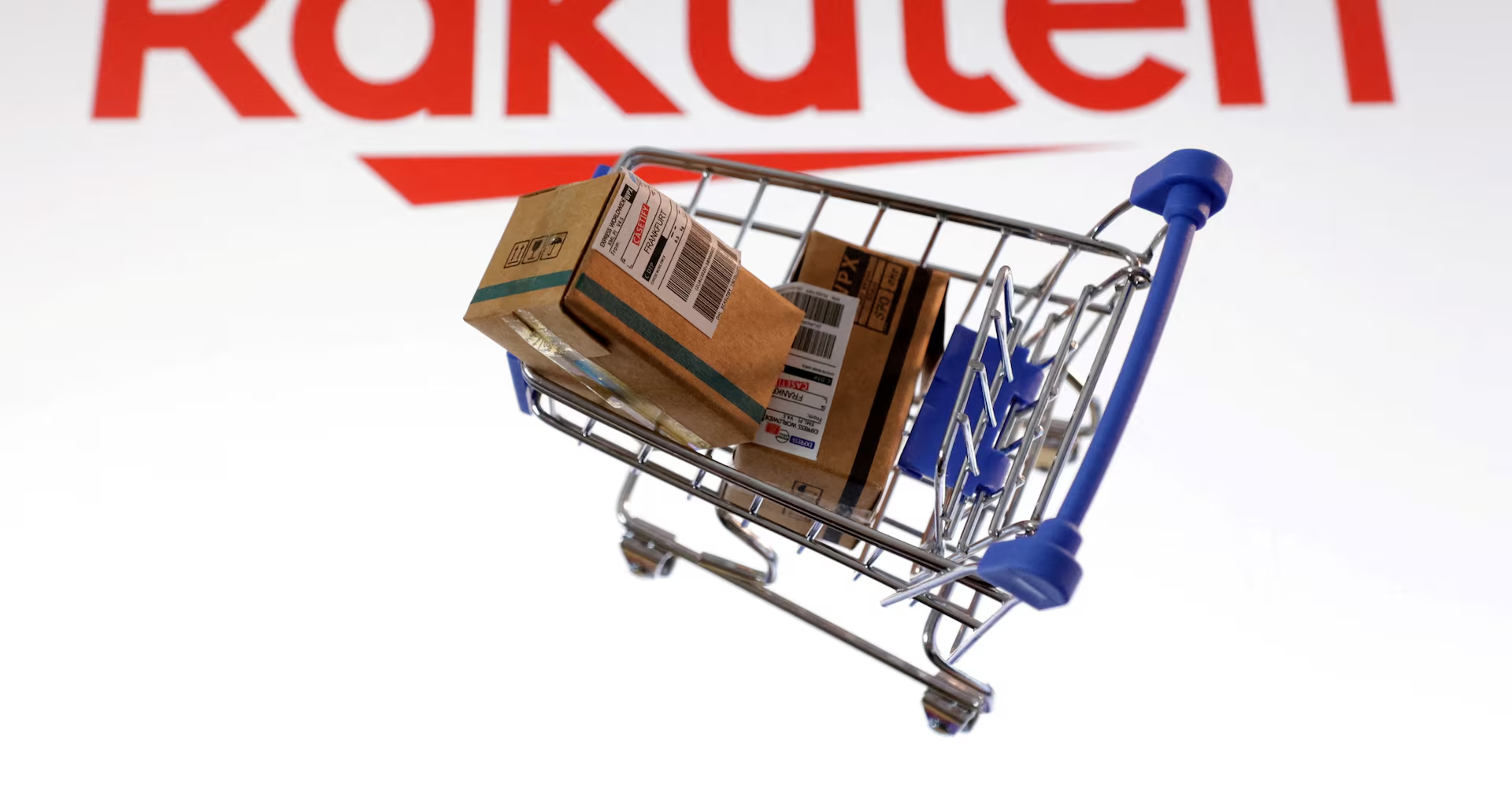Original story from the University of Miami Miller School of Medicine
Women living close to federally designated Superfund sites are more likely to develop aggressive breast cancers, including TNBC.
According to a National Institutes…

Original story from the University of Miami Miller School of Medicine
Women living close to federally designated Superfund sites are more likely to develop aggressive breast cancers, including TNBC.
According to a National Institutes…

Vets in the UK could be forced to publish their prices and whether they are part of a larger group after an investigation by the markets watchdog into claims chain-owned surgeries have left pet owners with dwindling choice and higher bills.
The Competition and Markets Authority (CMA) found pet owners pay 16.6% more on average at large vet groups than at independent vets and called for a market that is “not fit” for purpose to be modernised.
Publishing its findings on Wednesday of an investigation into how veterinary services operate in Britain, the regulator found that owners were often unaware of the prices of commonly used services and whether their local practices are part of large national chains.
It said customers have no effective way of comparing vet prices when they get a pet or move areas and may be paying twice as much for commonly prescribed medicines from vet practices than they could pay online, often hundreds of pounds more.
The CMA proposed 21 measures, including making vet businesses publish comprehensive price lists, be clear if they are part of a large group, and make sure that their policies and processes allow vets to act in the best interests of pets and pet owners.
It also advised better information treatments, a price cap on written prescriptions and a new comprehensive price comparison website.
The findings are provisional, with interested parties now having until next month to make submissions before a final decision is published next year.
The current regulatory system dates back to 1966. It only regulates individual veterinary professionals and not vet businesses, even though most practices are part of a large corporate group.
The CMA found that acquisitions among larger companies led to an increase of 9% in average prices four years later.
It said many of the concerns raised with it relate to the six large veterinary groups, which own the majority of practices, and have owners who are not vets.
Two of them are listed companies (CVS and Pets at Home), three (IVC, VetPartners and Medivet) are owned by private equity investors, and Linnaeus is owned by Mars Petcare.
after newsletter promotion
It said its proposals, if implemented would enable pet owners to choose the right vet, the right treatment, and the right way to purchase medicine – without confusion or unnecessary cost.
Martin Coleman, the chair of the inquiry group, said: “Pet owners are often left in the dark, not knowing whether their practice is independent or part of a chain or what a fair price looks like.
“They are sometimes committing to expensive treatment without understanding the price in advance. And they do not always feel confident asking for a prescription or buying medicine online – even when it could save them hundreds of pounds.”

Rosacea is a chronic inflammatory skin disorder characterized by facial erythema, flushing, telangiectasia, papules, and pustules. Patients often experience stinging, burning, and significant psychosocial distress.1 Current…

When a big storm blows through, most people focus on the wind, the rain, and the damage it might leave behind. But out in the middle of the ocean, something else happens – something just as powerful and far-reaching.
During a storm last…
HBO Max, the premier streaming service from Warner Bros. Discovery is now live in 15 new markets, including Bangladesh, Cambodia, Macau, Pakistan, Sri Lanka and Ukraine – full list here. From today, subscribers in these markets can enjoy the…

Palestinians sit in a damaged house in Khan Younis on Tuesday
Late on Tuesday night the bodies of four more…

The estranged husband of Australian singer Sia has asked for more than $250,000 (£187,000; A$384,000) per month in spousal support, according to US court documents.
Best known for her hits including Chandelier and Titanium, the pop star – whose full…

Rakuten began considering a potential U.S. listing of one of Japan’s largest credit card businesses last month, the sources said. The considerations are in the early stages, with other potential options including a stake sale to a strategic buyer, one of the sources said.
Sign up here.
The company’s considerations of a U.S. IPO had not been reported previously.
Rakuten did not respond to requests for comment.
For PayPay, institutional investors see a baseline valuation of 2 trillion yen, but expect the valuation could exceed 3 trillion yen in the IPO that could take place as early as December, Reuters reported this week.
Rakuten, which is led by founder and CEO Hiroshi Mikitani, shook up Japan’s finance sector by simplifying the process for applying for credit cards and making them available to a wider range of consumers.
Credit cards are an important part of a web of Rakuten businesses spanning online shopping, banking, travel and other services, with customers accruing loyalty reward points by making payments.
Rakuten also announced plans to list Rakuten Securities, but Mizuho injected funding by taking stakes in the brokerage and card businesses.
Rakuten Card has issued more than 30 million credit cards in Japan. Non-GAAP operating profit at the business grew 20% to 62 billion yen last year but fell 4.5% in the April-June quarter of this year compared to the same period a year earlier due to higher costs.
The IPO considerations come as companies around the world are looking to list in the U.S. as they seek higher valuations.
The U.S. IPO market has had its busiest quarter since the fourth quarter of 2021, with companies raising $24 billion through first-time share sales in the third quarter, according to Dealogic.
($1 = 152.0900 yen)
Reporting by Miho Uranaka and Sam Nussey; Editing by Jamie Freed
Our Standards: The Thomson Reuters Trust Principles.